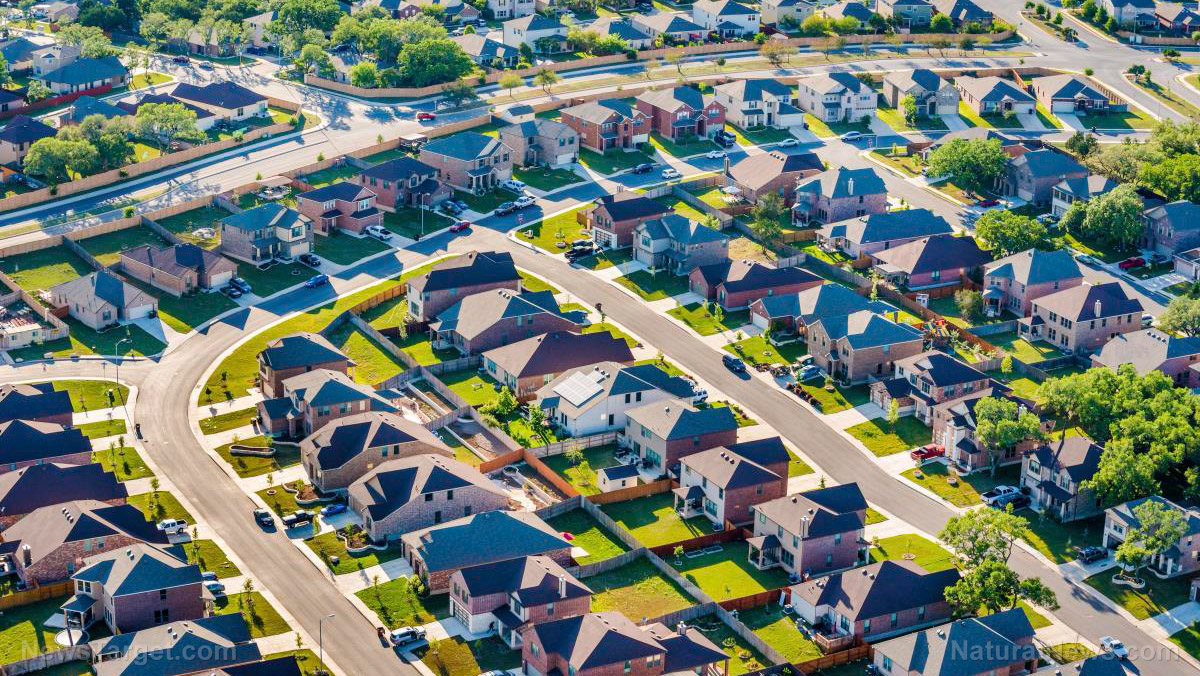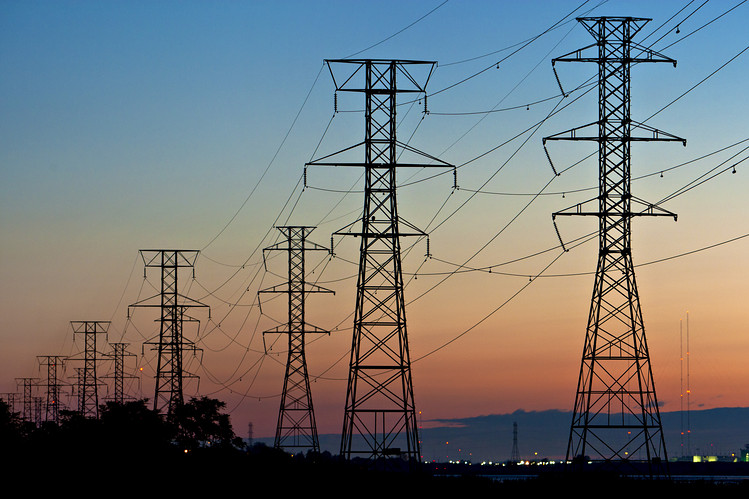Keeping homes safe: 10 Ways to make your neighborhood a safer place
By Darnel Fernandez // Nov 06, 2019
TAGS: community defense, community prepping, Home Defense, home security, Homesteader, homesteading, neighborhood safety, neighbors, preparedness, prepper, prepper groups, prepping, security, self-defense, survival

Home security is one of the main concerns for preppers. When SHTF, having a well-fortified home can ensure your survival. However, one thing preppers should also consider is the security of their neighborhood. Doing so can not only widen the safe area and keep yourself free from harm, but it can also create long-lasting bonds between neighbors who work together to keep their communities safe. (h/t to UKSurvivalGuides.com)
A community that preps together stays together
Building an active community is essential for survival. Having more people prepping for disasters means more people can help each other out when the time comes. Communities aren't as close-knit as they were before, so having one that works together can be a considerable advantage when SHTF. Here are a few tips on creating a safe neighborhood environment:
- Get to know your neighbors. Getting to know one another is vital for creating a safe place for everyone. Learn about your neighbors' living conditions; whether they have children or elderly in their family; and what they currently need to bolster their security. It is also helpful to know each other's strengths and weaknesses, so you can all support each other. After all, nobody can do everything at once.
- Form a neighborhood watch team. When SHTF, threats can come in all shapes and sizes, even within your current community. Having a watch program can help keep everyone in check and help ensure advanced warnings for any potential threats to the community.
- Keep everything neat and clean. It is essential to have a clean-up program at least once a week to pick up all the trash and trim all the overgrown shrubbery. Keeping the surroundings clean can prevent the spread of illnesses. Moreover, thick bushes can be used as hiding spots for potential threats, so it's always best to keep them trimmed and neat.
- Keep an eye on empty buildings. Like overgrown bushes, empty buildings can also be used by criminals to stay out of sight to do their shady businesses. Make sure to contact the building owners or even your local government about your concerns.
- Add more lights. Poor lighting can not only make it easier for people to sneak around in the dark, but it can also be a safety hazard for both pedestrians and drivers. Encourage residents to set up motion-activated lamps outside their homes, as well as invest in lights that make their driveways and entrances visible at all times.
- Bolster home security. Not all homes have security systems. Try to convince your neighbors to install one or make their own to improve the safety of their homes. (Related: Looking to improve your home security? Here are 25 things you can do right now.)
- Spread an understanding of basic security. Even if your neighbors have the most advanced security systems, it won't mean much if they don't know how to use them. You have to make sure everyone knows how to keep their own homes safe from trouble.
- Report suspicious behavior. Many people tend to overlook strange actions happening around them, thinking it might be a one-off thing, and that they should mind their own business. However, this mindset and behavior can put the entire neighborhood at risk. If you see anything out of the ordinary, don't be afraid to report it to the authorities. As the saying goes: "One bad apple can spoil the whole bunch."
- Keep everything on record. Almost everyone has access to a recording device, whether it be security cameras or even smartphones. Security cameras can keep track of anything strange happening in and around your home. Smartphones, on the other hand, allow people to take photos or record videos of anything they deem suspicious. Having physical evidence can significantly boost the credibility of your report, making it easier for authorities to trace and eliminate threats.
- Watch out for outside workers. Keep a close eye on people who come from outside your community to prevent any trouble from arising. You don't have to watch them like a hawk, but it pays to be vigilant.
Similar to self-prepping, it is vital that everyone makes progress toward the community's prepping goals every day. If done right, a well-prepared community can weather any storm.
Sources include:
Related Topics
community defense community prepping Home Defense home security Homesteader homesteading neighborhood safety neighbors preparedness prepper prepper groups prepping security self-defense survivalLatest News
05/23/2023 / By Ethan Huff
05/23/2023 / By Ethan Huff
05/23/2023 / By Kevin Hughes
05/23/2023 / By Kevin Hughes
Related News
10/25/2019 / By Arsenio Toledo
Take Action:
Support NewsTarget by linking to this article from your website.
Permalink to this article:
Copy
Embed article link:
Copy
Reprinting this article:
Non-commercial use is permitted with credit to NewsTarget.com (including a clickable link).
Please contact us for more information.
Please contact us for more information.















